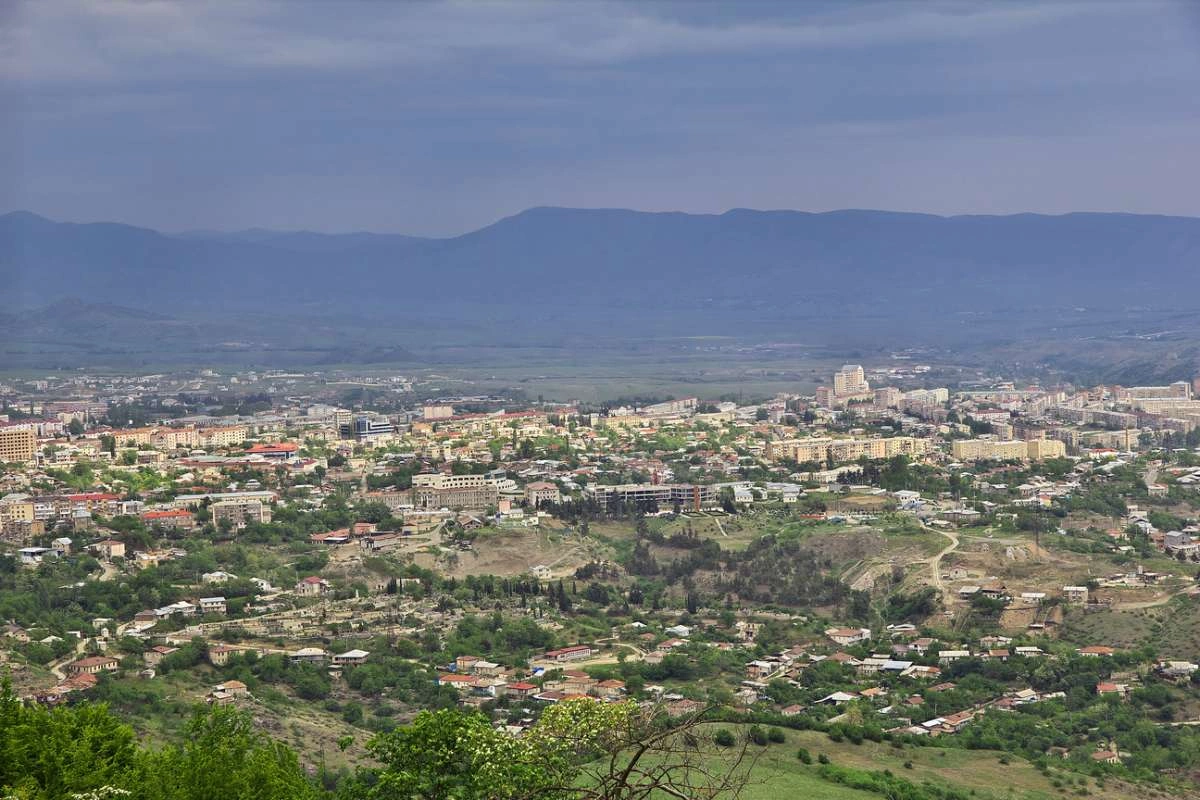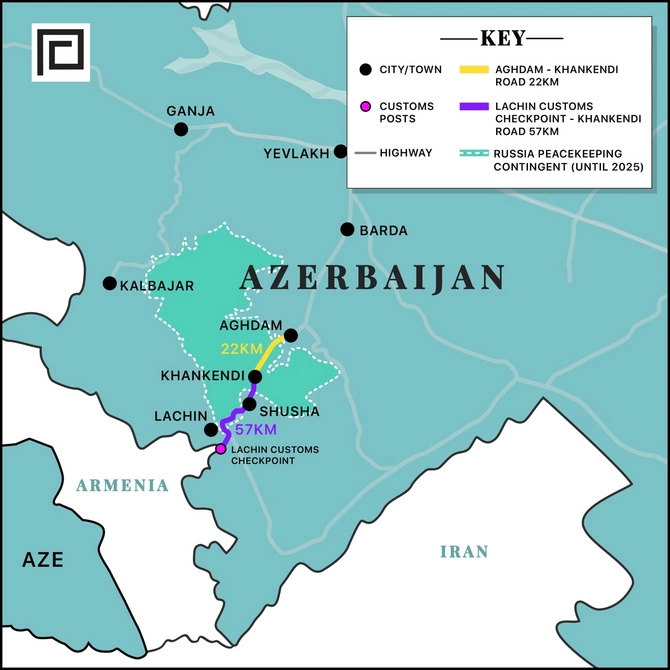
Rodney Dixon KC’s preliminary observations have highlighted many crucial shortcomings in former ICC Prosecutor Moreno Ocampo’s outrageous report accusing Azerbaijan of genocide.
Image: Sergey-73/Shutterstock
On 7 August, Luis Moreno Ocampo, a former prosecutor of the International Criminal Court (ICC), published an “Expert Opinion” in which he claims that Azerbaijan is committing an “ongoing genocide against 120,000 Armenians living in Nagorno-Karabakh.” In this report, he argues that a blockade of the Lachin Corridor is limiting access to supplies, resulting in genocide by means of starvation.
In response to the allegations made by Moreno Ocampo, Azerbaijan requested that Rodney Dixon KC, a prominent barrister working in Temple Chamber Gardens, London and The Hague, provide his expert opinion. Dixon recently published his preliminary observations entitled “Emotive Ocampo ‘genocide’ report is fundamentally flawed.” In his report, Dixon outlines five shortcomings in Moreno Ocampo’s report, which will be outlined below.
First, Dixon points out that Moreno Ocampo’s report was produced at the request of “the President of Artsakh,” which Moreno Ocampo stated himself in a post on X (formally known as Twitter). Dixon asserts that the so-called Government of Artsakh, along with Armenia, were responsible for the illegal occupation of Azerbaijan’s territories until 2020. However, since the end of the Second Karabakh War, Armenia’s position has changed to officially recognize Karabakh as Azerbaijan. Therefore, it appears that this illegal and illegitimate organization is attempting to “regain lost ground in Armenian politics” by employing Moreno Ocampo to “politicize the legal and factual issues.” This is not the first time the ethics of Moreno Ocampo’s dealings have come into question. Various allegations have been levied against Moreno Ocampo, both during and after his tenure as ICC Prosecutor, including owning offshore companies, passing on information to a Libyan oil magnate, and wrongfully dismissing a staff member who accused him of sexual assault, among others.
Secondly, Dixon asserts that Moreno Ocampo’s evidence of genocide is “strikingly unsubstantiated.” The Convention on the Prevention and Punishment of the Crime of Genocide 1948 states that genocide includes two elements—a mental element (intent) and a physical element (actions)—and Dixon observes that Moreno Ocampo does not prove the existence of either of these factors. He states that Moreno Ocampo has “inferred” Azerbaijan’s intent without basis and that his evidence for the physical element of genocide hinges on the recent ICJ court cases between Azerbaijan and Armenia, which were not about genocide at all.
In his report, Moreno Ocampo goes as far as to suggest that Azerbaijani President Ilham Aliyev has “genocidal intentions,” claiming that Azerbaijan’s concern over smuggling is nothing more than a “diversion” to disguise the real genocidal motivation of closing the Lachin Road. This is a shocking claim and one that seems unfounded in reality. As discussed in an earlier article on The Caspian Post, Azerbaijan has volunteered to allow aid and supplies via an alternative route through Agham. A route that was then blocked by Armenian residents. It seems, therefore, illogical to accuse Azerbaijan of orchestrating a genocide by starvation through the smokescreen of smuggling concerns when Azerbaijan itself suggested an alternative route.

Dixon addresses the inflammatory statements made regarding President Ilham Aliyev’s alleged intentions to commit genocide, highlighting the irresponsibility and baselessness of these comments. Dixon also refers to Moreno Ocampo’s selectivity with the information he presents. As discussed earlier, his report makes no reference to Azerbaijan’s offer of an alternative route. Dixon argues that this information is “plainly relevant” in assessing whether, as Moreno Ocampo suggests, Azerbaijan is committing genocide against the Armenians in Karabakh.
Finally, Dixon argues that the Moreno Ocampo report is “incomplete and inaccurate in its analysis” therefore, it is vital that it be carefully scrutinized. Dixon asserts that this report cannot be allowed to go unchecked and unquestioned as it could undermine the ongoing peace process between the governments of Armenia and Azerbaijan and further the agenda of the illegal administration of the separatist leadership of the rump-NK.
While Rodney Dixon’s full report is still to be published, his preliminary observations provide a damning account of Moreno Ocampo’s evidence, statements, and motivations. It remains to be seen what, if any, effect Moreno Ocampo’s report will have on Azerbaijani-Armenian relations. But, as stated by Dixon, “its publication should spur all parties and the international community to redouble their efforts to promote a lasting peace in accordance with international law.” It seems hopeful that Dixon’s report will set the record straight and dispel Moreno Ocampo’s unfounded accusations of genocide.
Share on social media